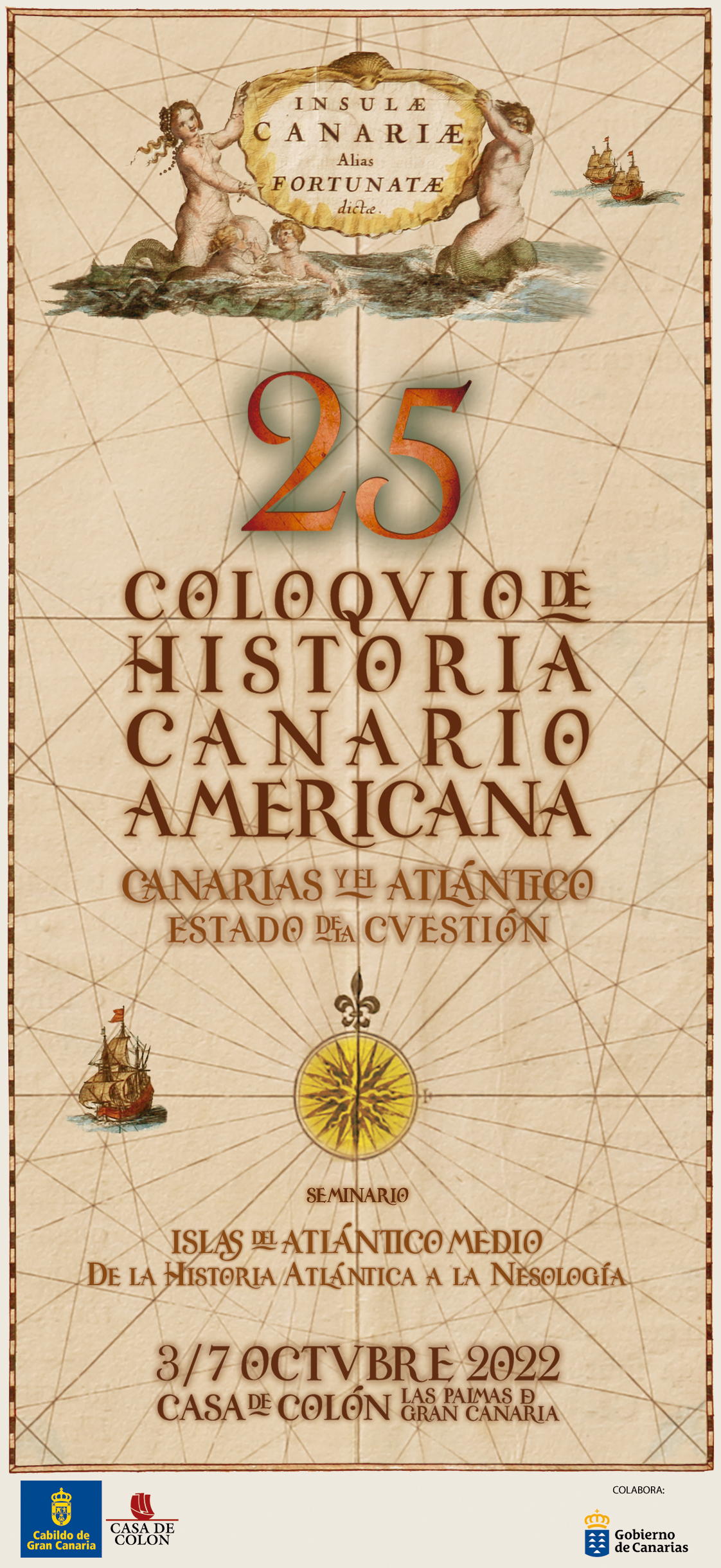Aprehensiones del exilio a través del legado de la poetisa canaria Mrcedes Pinto / Exile Apprehensions through the Legacy of the Canarian Poet Mercedes Pinto
Resumen
Desde el ámbito historiográfico, el presente ensayo tiene como finalidad reflexionar en torno al legado de la «Poetisa canaria», Mercedes Pinto Armas de la Rosa y Clós (1883-1976), como una destacada figura española que desarrolló sus múltiples talentos como escritora, pionera del feminismo y periodista durante su etapa en el exilio en diversos países de Latinoamérica, durante el siglo XX. Para ello, además de rescatar el notable legado de Pinto en distintos horizontes, me interesa subrayar cómo dicha figura, al igual que otros connacionales suyos en el exilio, supo repensarse a sí misma identitariamente, desde el plano individual o colectivo, a través de una serie de reacomodos temporales, espaciales y narrativos que impactaron positivamente en los espacios culturales y artísticos en los países a los que arribó, pero que indudablemente afectó su existencia con las diversas formas de adaptación cultural que tuvo que afrontar.
From the historiographical field, this essay aims to reflect on the legacy of the «Canarian Poet», Mercedes Pinto Armas de la Rosa y Clos (1883-1976), as a prominent Spanish figure who developed her multiple talents as a writer, pioneer of feminism and journalist during her time in exile in various Latin American countries, during the 20th century. To do this, in addition to rescuing the notable legacy of Pinto in different horizons, I am interested in highlighting how this figure, like other of his compatriots in exile, knew how to rethink himself, from an individual or collective level of identity, through a series of temporary, spatial and narrative rearrangements that had a positive impact on the cultural and artistic spaces in the countries to which he arrived, but that undoubtedly affected his existence with the various forms of cultural adaptation that he had to face.




